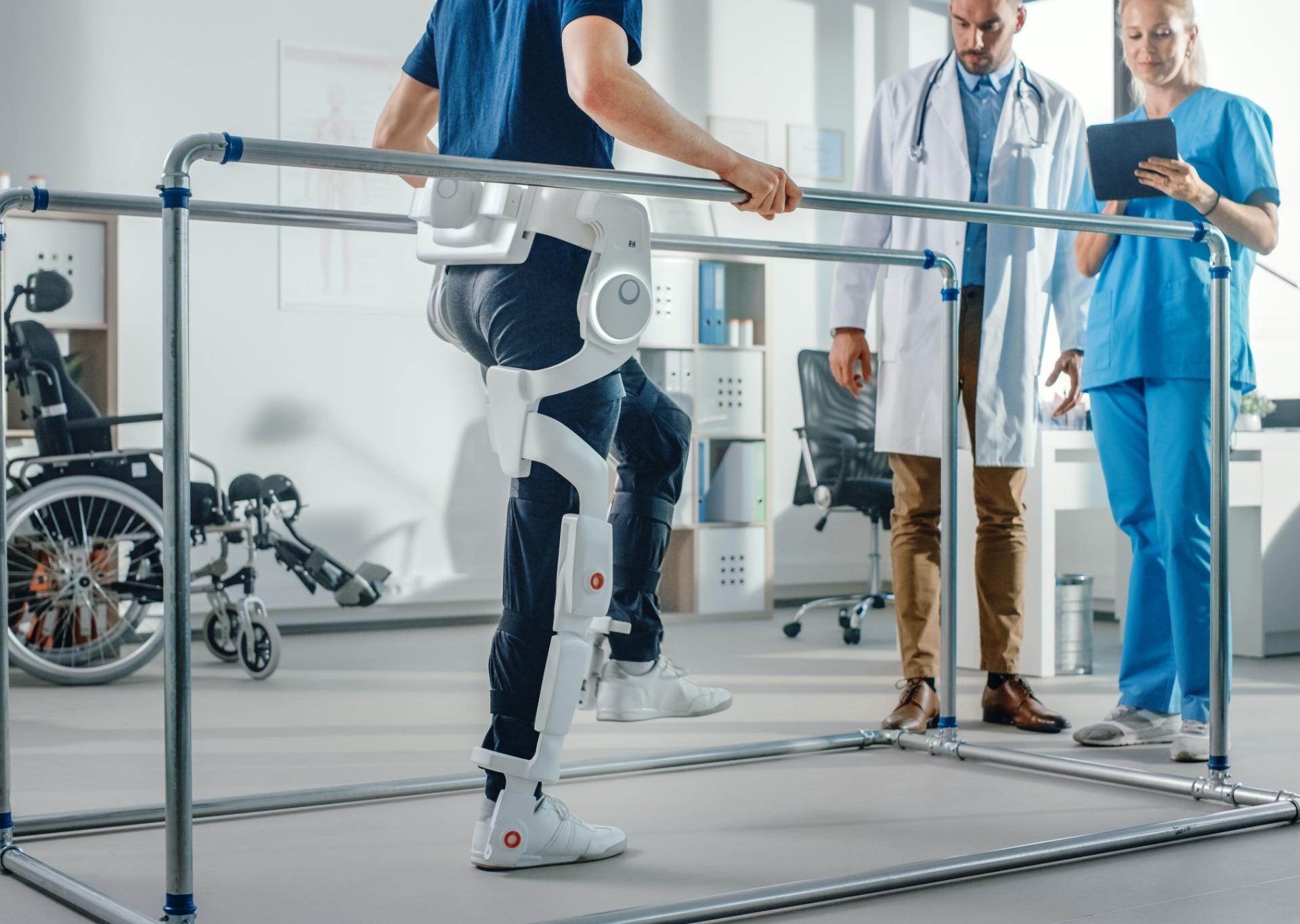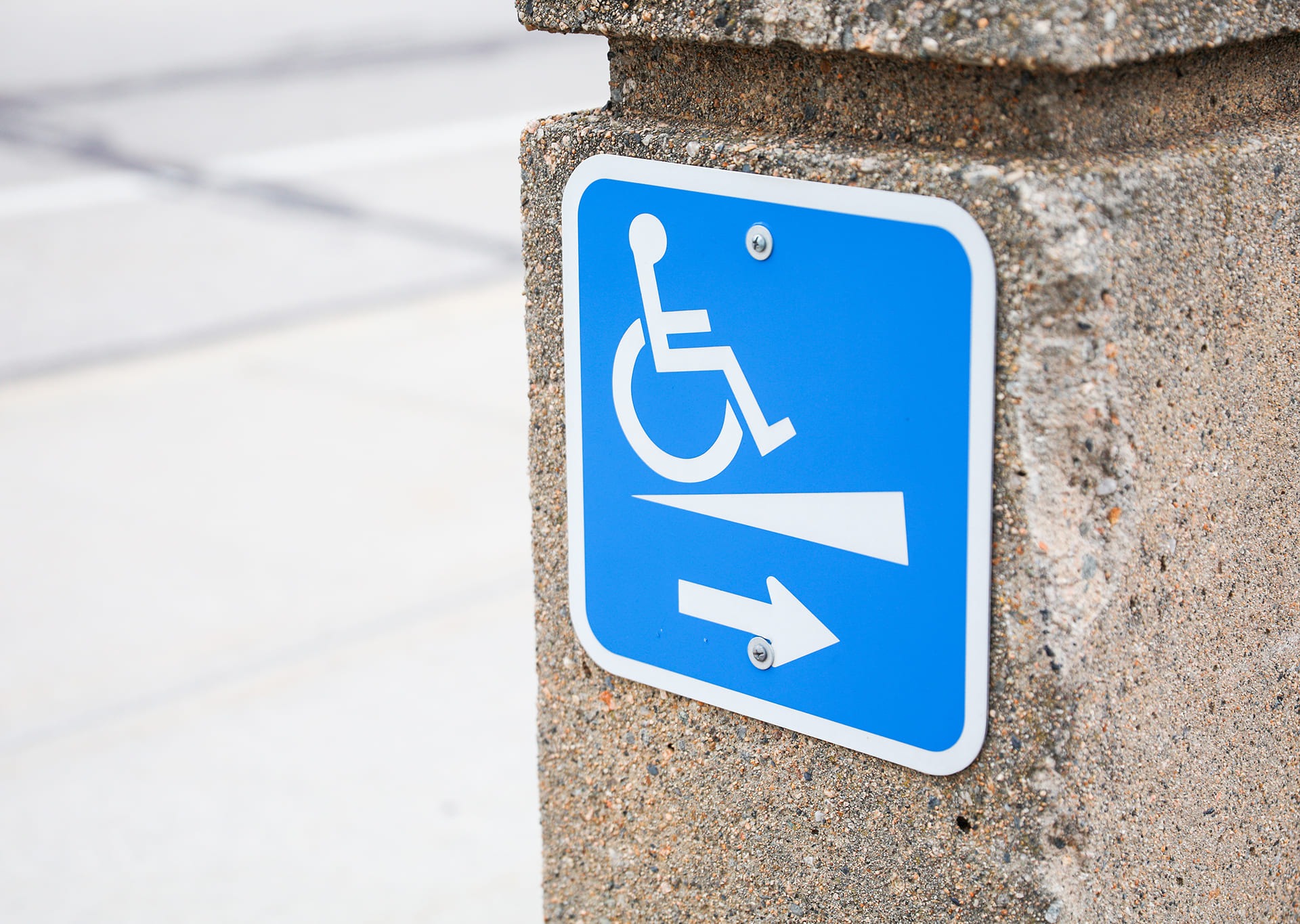
Diet and mobility: how your diet influences mobility
Did you know that the relationship between diet and mobility is deeper than it seems? A proper diet not only has a positive impact on general health, but also plays a crucial role in the ability to move and quality of life, especially for people with reduced mobility. For those who rely on assistive devices or face physical limitations, balanced nutrition can make a big difference, providing the energy needed for day-to-day living, promoting recovery and optimising the use of mobility aids.
Understanding how diet affects mobility is essential to adopting habits that promote both physical well-being and independence. The following explores the main aspects that illustrate this relationship and how it can be harnessed to improve quality of life.
1.The importance of a nutrient-rich diet
A focus on variety and nutritional balance is key to providing the body with the essential elements it needs to function optimally. Nutrients such as calcium and vitamin D are essential for maintaining bone health. They not only strengthen bones, but also help prevent fractures, a common problem for people with limited mobility.
Protein, on the other hand, plays a central role in the preservation and regeneration of muscle mass. Strong muscles are vital for moving easily, supporting the body and reducing the risk of muscle atrophy. Incorporating protein-rich foods, such as lean meats, legumes, eggs and dairy, helps to maintain the strength needed to perform daily activities and make the most of mobility aids.
No less important is the intake of antioxidants and omega-3 fatty acids, found in fruits, vegetables and oily fish. These nutrients fight inflammation and improve joint health, which is especially beneficial for people with conditions that affect mobility, such as arthritis.
2.Hydration: key to joint and muscle health
Staying well hydrated is another key to optimising mobility. Water is essential for joint lubrication, which promotes flexibility and reduces friction between bones. This is particularly important for those who suffer from joint pain or stiffness.
In addition, adequate hydration has a direct impact on blood circulation, ensuring that muscles and tissues receive the nutrients and oxygen they need to function effectively. Dehydration, on the other hand, can cause muscle fatigue and affect the ability to move, limiting independence and comfort. Including broths, herbal teas or foods with high water content, such as fruits and vegetables, can be an effective strategy for those who have difficulty consuming enough fluids.
3.Nutrition and mobility: pillars of an active life
Mobility is not only a physical component, but also a determining factor for independence and emotional well-being. For people who rely on specialised aids such as wheelchairs, walkers or canes, taking care of physical health through a balanced diet is essential to maximise the effectiveness of these devices.
In addition, maintaining a proper diet helps prevent problems associated with prolonged immobility, such as pressure ulcers or muscle weakness. By combining a healthy diet with adapted exercise and the correct use of mobility aids, such as walkers or manual or powered wheelchairs, it is possible to significantly improve quality of life, reduce the risk of injury and promote greater autonomy.
Nutrition as a pillar of mobility and well-being
The relationship between nutrition and mobility is profound and inescapable. A balanced diet not only enhances movement, but also prevents complications related to age, health conditions and physical limitations.
Taking care of diet is, in essence, taking care of mobility. Incorporating essential nutrients, staying well hydrated and adopting healthy habits are steps that not only improve strength and flexibility, but also promote an active and fulfilling life. For those facing mobility challenges, proper nutrition is a powerful tool that complements the use of assistive devices, providing a solid foundation for living more comfortably and fully.








